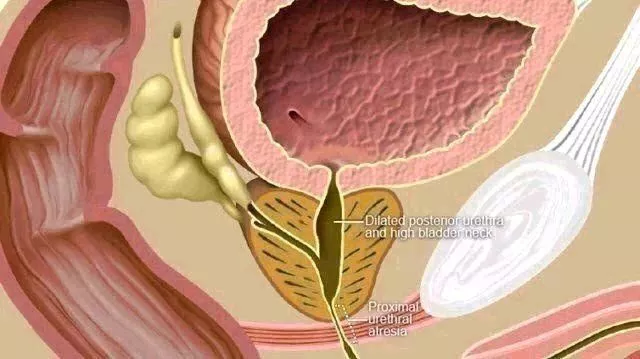
Starting your day with a healthy, smooth bowel movement is not only satisfying but also a sign of good digestive health. If you struggle with constipation or have difficulty pooping in the morning, adopting certain habits can make a significant difference.
According to doctors, integrating a few simple routines into your morning can help promote regularity and make it easier to go. Here are seven habits to consider for a more comfortable and consistent morning bowel movement.
1. Drink Water First Thing
Hydration plays a crucial role in keeping things moving smoothly in your digestive system. Drinking a glass of water as soon as you wake up helps rehydrate your body after a night's sleep, which can prevent stool from becoming dry and hard to pass. Experts recommend starting your morning with a glass of warm or room-temperature water to kickstart digestion and stimulate bowel movements. Water helps soften stool, making it easier to pass and ensuring the digestive system functions optimally.
2. Move Your Body
Physical activity is a proven way to encourage healthy digestion. Taking a short walk, doing some gentle stretching, or even a few yoga poses can help stimulate the muscles in your digestive tract. This movement encourages the process of peristalsis, the wave-like muscle contractions that propel food and waste through the intestines. Even a few minutes of morning exercise can significantly improve the chances of having a bowel movement.
3. Consume Fiber-Rich Foods
Fiber is key to regulating bowel movements. Including high-fiber foods in your breakfast, such as oatmeal, whole-grain bread, fruits (like apples or pears), or vegetables, can help soften stool and speed up the digestive process. Doctors recommend consuming about 25-30 grams of fiber daily and eating fiber-rich foods in the morning helps prepare your digestive system for the rest of the day.
4. Avoid Caffeine on an Empty Stomach
Many people rely on their morning coffee to help get things moving. While caffeine can stimulate the colon and promote bowel movements, drinking coffee on an empty stomach can sometimes irritate your digestive system, leading to discomfort or even exacerbating constipation. If you're sensitive to caffeine, it's a good idea to eat something first-like a piece of toast or a small snack-before having your coffee to give your stomach time to adjust.
5. Establish a Routine
Our bodies thrive on routine, and this is especially true for digestive health. Doctors recommend setting a regular time each morning to visit the bathroom, even if you don't feel the urge right away. The act of sitting on the toilet at the same time each day can help train your body to recognize that it's time to eliminate. Over time, this consistent habit encourages the body's natural rhythm, and bowel movements can become more predictable and easier.
6. Use the Right Position
The position you're in while on the toilet can affect how easily you can pass stool. Doctors suggest using a footstool or squatting slightly by placing your feet on a small platform when sitting on the toilet. This creates a more natural angle for the rectum, allowing stool to pass more easily. The so-called "squatting position" helps align the colon in a way that encourages a smoother, more effective bowel movement.
7. Don't Rush
Rushing your morning bathroom routine can actually lead to difficulty in having a bowel movement. When you're stressed or in a hurry, your body's natural urge to eliminate may be suppressed. Experts advise taking your time in the morning, even if it means sitting for a few extra minutes. Relaxing on the toilet and not forcing the process can give your body the chance to naturally release without unnecessary strain. If you don't feel the urge right away, avoid straining, as this can lead to hemorrhoids or other issues.
Conclusion
Adopting these seven habits can significantly improve your ability to have an easy, comfortable bowel movement in the morning. By drinking plenty of water, incorporating fiber into your breakfast, exercising, establishing a routine, and adjusting your toilet posture, you can support your digestive health and encourage regularity. Remember, digestion is a complex process, and it may take some time for these habits to yield noticeable results. However, making these adjustments to your morning routine can lead to long-term improvements in both your bowel health and overall well-being. If constipation persists despite these efforts, it's a good idea to consult with a healthcare professional for further guidance.
















Comments